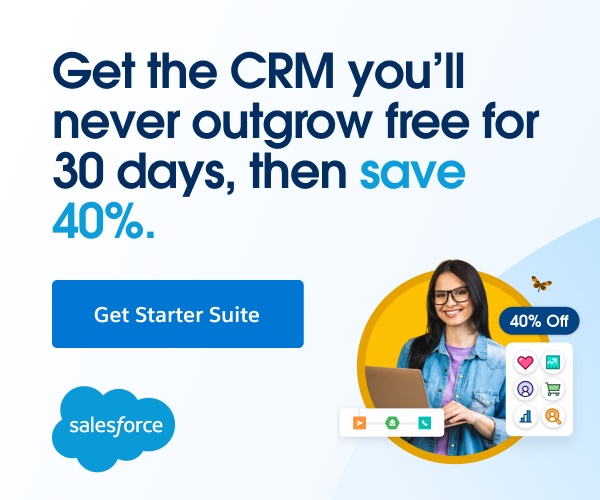Acknowledging that personal shortcomings may be holding the startup back is hard, especially in an industry, where achievement culture has become a religion. To move forward, founders need to drop their mental ballast. It becomes a responsibility for VCs and accelerators to create safe environments where founders can become vulnerable, accept the truth, and receive the support they need to thrive.
The hard thing about admitting problems
Turtles are showing their heads from the shells when they feel safe. So are founders who take the courage to open up. Here are some statistics from Startup Snapshot: 90% of founders are reluctant to open up about their challenges with investors, fearing that any misstep could jeopardize investment decisions. To help entrepreneurs speak up about their challenges, it’s up to VCs to create an environment where they can bring their issues without being judged.
Internal communication
To start with, VC and accelerator teams need to ensure that in their internal communication, expressing positive and negative emotions is normal. A founder should see that showing agreement and disagreement is a part of everyday communication, that having gaps in knowledge is okay, and that accepting help is not shameful. A positive example is contagious.
Understanding emotional dynamics
Despite the pace and the intense nature of an acceleration program, family and personal life don’t pause for those three months. Moreover, many founders admit that during acceleration, all their problems seem to become more concentrated, which is emotionally draining.
Amidst the everyday ups and downs, a simple check-in session can help VC and accelerator teams tune in with founders. Sometimes, personal life events may significantly impact well-being and work performance, so it’s important not to overpressure by demanding full concentration on work and ignoring personal issues. Be flexible and adjust personal plans with a one or two-day delay if needed. After resolving personal problems, founders will be more energised to work.
The power of community
According to a survey by ULTRA VC, 45% of founders reported their ability to spend time with friends decreased, leading to increased stress, burnout, and anxiety. As a lack of social activity negatively influences the well-being of entrepreneurs, VCs and accelerators can make a significant impact by cultivating a strong and supportive startup community. Surrounded by peers, founders can draw strength and support from one another and feel empowered to be open and vulnerable. Moreover, by offering group sessions on team management, motivation, personality assessments facilitated by experts, entrepreneurs get an opportunity to validate their emotions and feel more secure, seeing that all of them have something new to learn.
Navigating the fine line
While openness shall be encouraged, there's a fine line between expressing genuine concerns and using emotions as excuses. It’s important to tackle the moment when vulnerability transforms into oversharing, and negative emotions become a stream of complaints. An acceleration program will not be effective without maintaining focus and discipline throughout these three months.
However, the reasons for the founders' procrastination may vary. In some cases, it may signify a loss of personal motivation, which is the force, keeping the startup and the team afloat. A loss of motivation may require intervention from an external personal development coach to help reignite the spark that initially fueled the entrepreneurial fire.
Cultural considerations
When working with teams from various geographies, understanding how cultural differences affect communication and work is crucial. For instance, UK founders tend to be positive and polite, but they might not always express criticism directly. German founders, on the other hand, are more straightforward with their feedback. Being aware of how representatives of different cultures express and share feedback, how they deliver negative emotions, and how social hierarchy influences communication can help avoid misjudgments.
Geographies in investment decision
When it comes to making investment decisions, it ultimately boils down to the product and the market it's aimed at. If there’s a European founder who's only ever lived in their home country and is now creating a product for American customers, we need to assess their understanding of the US market, whether they've engaged with potential customers and validated their idea; if they're willing to relocate, and where exactly they intend to sell. The level of the founder’s immersion into the nuances will be decisive.
Conclusion
72% of founders witnessed that entrepreneurship had negatively influenced their mental health. This means that more than 7 out of 10 founders convey this mindset to their teams, escalating the levels of stress and anxiety for every team member, which leads to low performance and, consequently, startup failure. The founders' fears become prophetic and the cycle perpetuates itself.
By encouraging founders to become more open and vulnerable, VCs and accelerators help the entrepreneurs take their foot from the brake pedal and assure them that their well-being, their motivation, and a motivated team are the strongest boosters available to propel the company to the new heights.
Daria Reutovich is the COO of ULTRA.VC.










